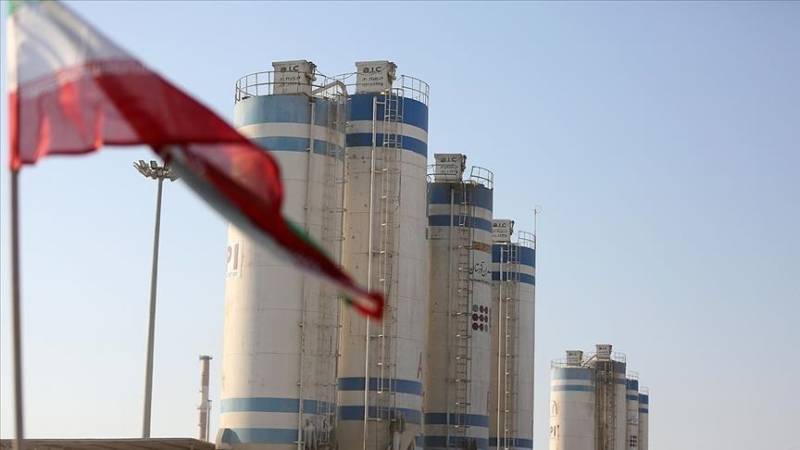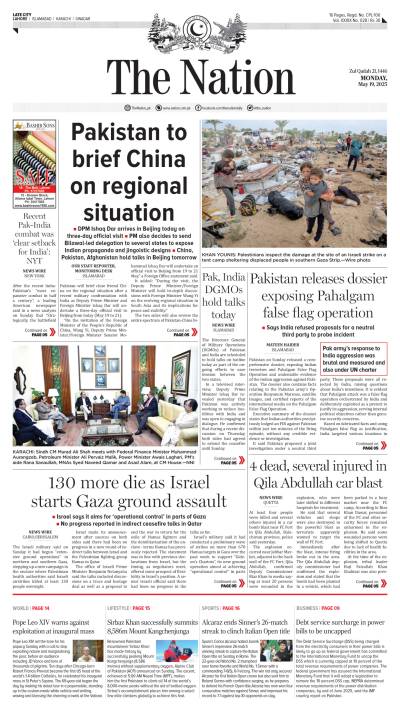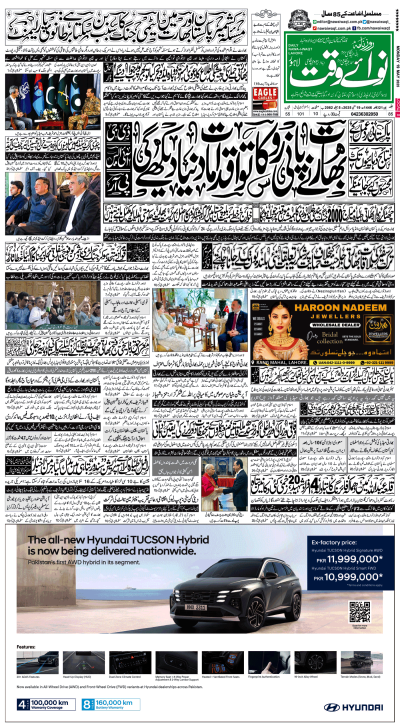Iran's envoy to the International Atomic Energy Agency (IAEA) slammed the UN nuclear watchdog Thursday over its double standards after it raised fresh concerns over enrichment activities at the country's three undeclared nuclear sites.
Addressing the agency’s governing council, Kazem Gharibabadi reacted strongly to IAEA chief Rafael Grossi's latest report on Iran's nuclear program.
He said the agency's silence over Israel's nuclear weapons program, killing of Iranian nuclear scientists and multiple acts of sabotage at Iranian nuclear sites "calls into question the agency's credibility and neutrality," giving the issue a "political color."
Iran has blamed Israel for the killing of its nuclear scientists and a series of sabotage acts at its key nuclear sites over the years.
After the assassination of its top nuclear scientist, Mohsen Fakhrizadeh, late last year, which Tehran blamed on Israel, the country's nuclear agency, acting on a resolution passed by parliament, halted verification and monitoring activities of the IAEA as agreed under the 2015 nuclear deal between Iran and six world powers.
It also ramped up its nuclear enrichment to 60% purity, the highest level ever, sparking tensions with the UN nuclear watchdog.
At a quarterly session of the IAEA Board of Governors on Monday, Grossi said "technical discussions" between the agency and Tehran have "not yielded expected results," as the latter has not clarified questions over the "correctness and completeness" of its safeguards declarations.
He said enrichment activities at three Iranian nuclear sites continue to be a sticky point, asking Iran to "clarify and resolve these issues without further delay.”
“Iran has provided no new information in relation to one location, has not answered any of the agency’s questions nor provided any information in relation to two other locations, and provided a written statement on a fourth location without any substantiating documentation,” he said.
Gharibabadi, in response, said such claims made by the agency are aimed at "politicizing the issue" and "creating polarization within the agency.”
"It is unacceptable that over the past decade, Iran's nuclear program continues to be raised at the agency based on unfounded claims," the envoy said, stressing that there has "not been a shred of evidence" pointing to a non-peaceful nature of Iran's nuclear program.
He added that Iran has engaged in "practical and constructive" interactions with the UN nuclear agency and "tried in good faith" to address contentious issues, while blaming the agency for adopting a "counter-productive approach."
Iran's nuclear program has been under the scanner since the country decided to scale back its commitments under the 2015 nuclear deal in 2019 in response to the unilateral withdrawal of the US from deal.
Iran and other signatories to the deal have been engaged in marathon talks in Vienna, Austria over the past few months in a bid to revive the deal, but a breakthrough still appears to be elusive.






